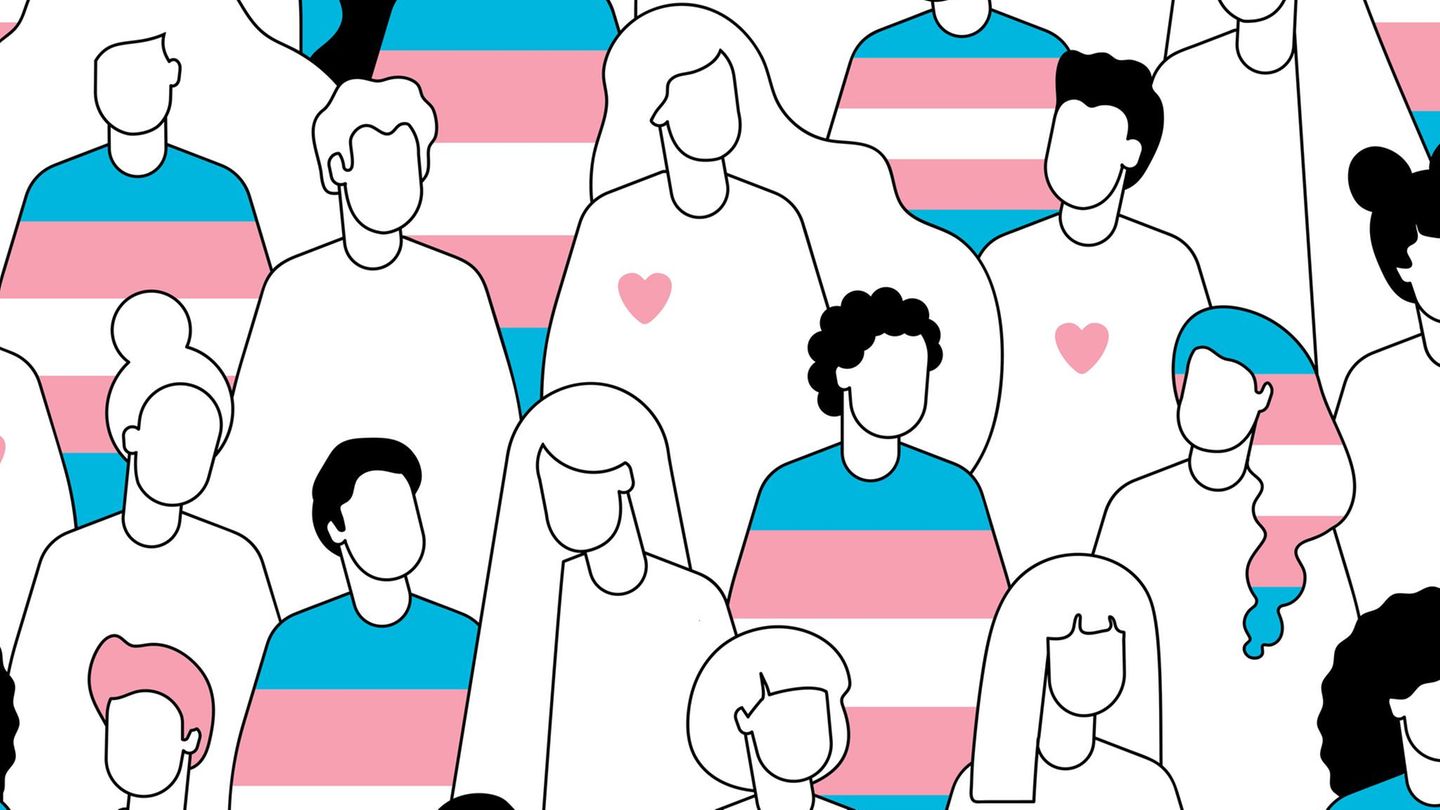Menu
Jamie is non-binary and trans* – why he feels bad about the healthcare system
Categories
Most Read
Assets: How to Protect Grandma’s House and Belongings
October 13, 2025
No Comments
Time change again: Why hasn’t it been abolished yet?
October 13, 2025
No Comments
PFAS: Greenpeace warns about eternal chemicals in fish and shellfish
October 13, 2025
No Comments
Anxiety Rings: How anti-stress rings relieve inner restlessness
October 12, 2025
No Comments
Citizen Science: Conduct research in over 160 exciting projects
October 10, 2025
No Comments
Latest Posts

Erez Rozen in an interview: How to avoid mistakes when choosing perfume
October 14, 2025
No Comments
Lisa HarrisI am an author and journalist who has worked in the entertainment industry for over a decade. I currently work as a news editor

Happiness Research: Are Young Adults Unhappier Than Before?
October 14, 2025
No Comments
CarolineI’m Caroline, a journalist and author for 24 Hours Worlds. I specialize in health-related news and stories, bringing real-world impact to readers across the globe.

Energy transition: Why less heating isn’t everything
October 14, 2025
No Comments
Heat transition Why less heating isn’t everything Listen to article Copy the current link Add to wishlist If you want to save energy and money,
24 Hours Worlds is a comprehensive source of instant world current affairs, offering up-to-the-minute coverage of breaking news and events from around the globe. With a team of experienced journalists and experts on hand 24/7.

